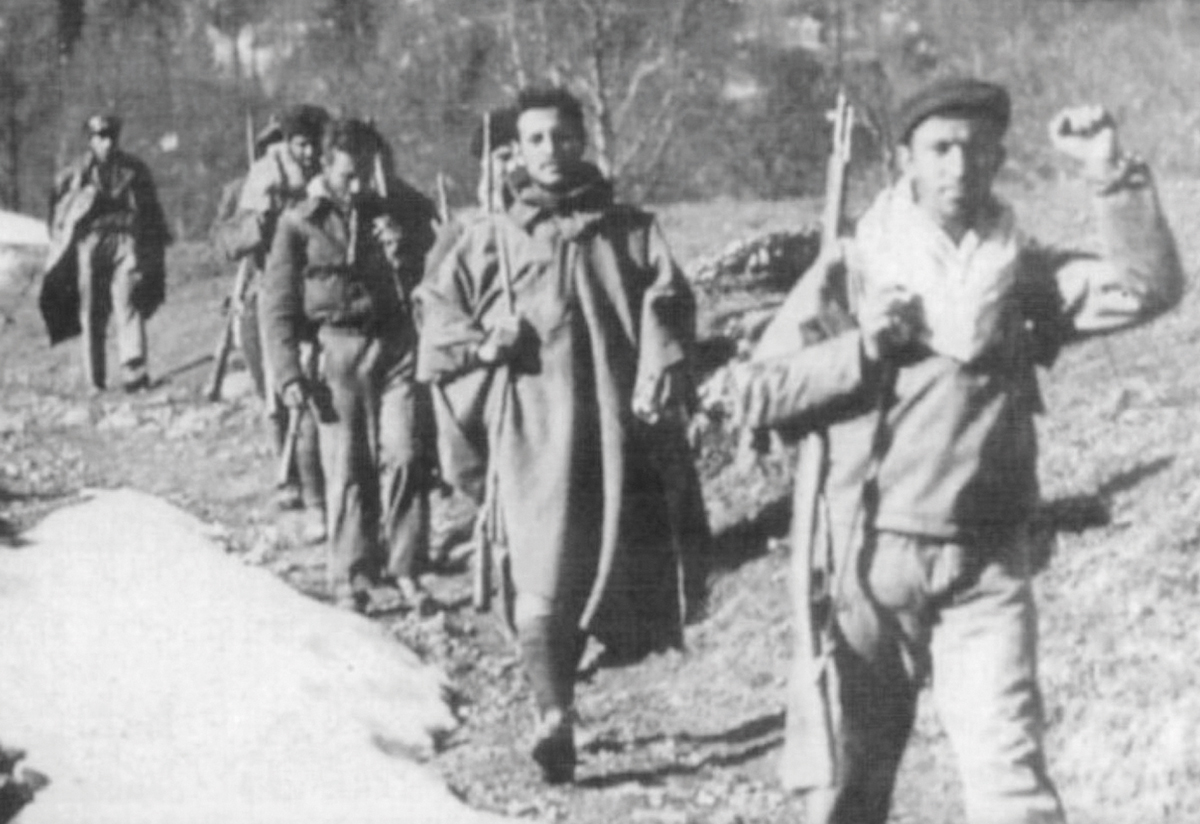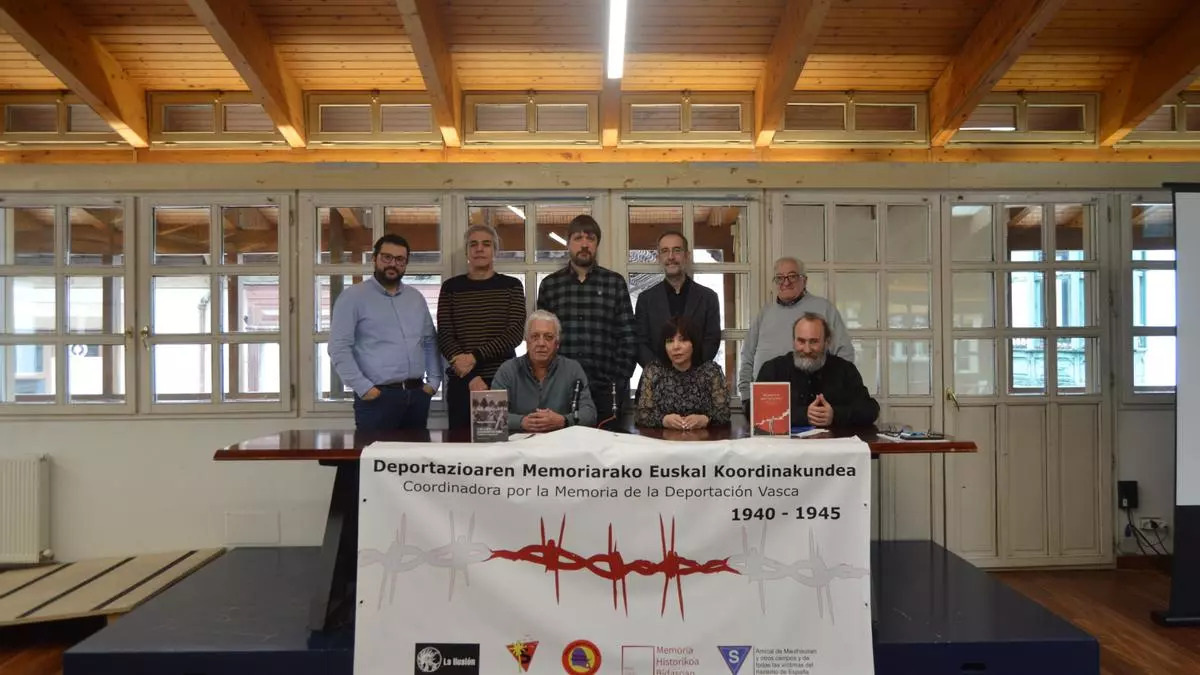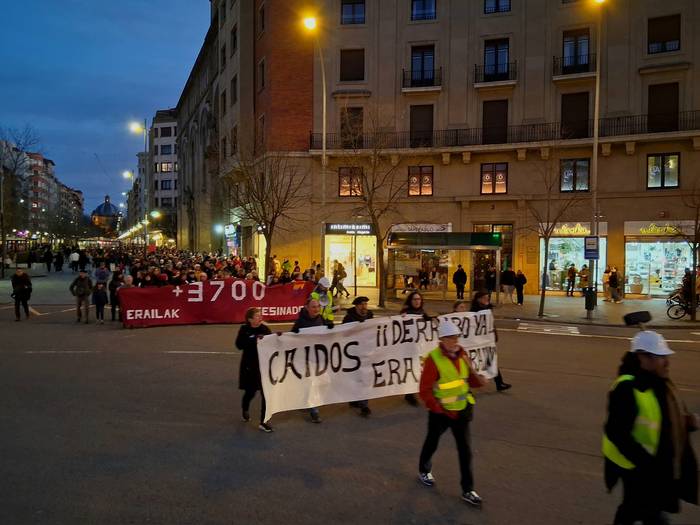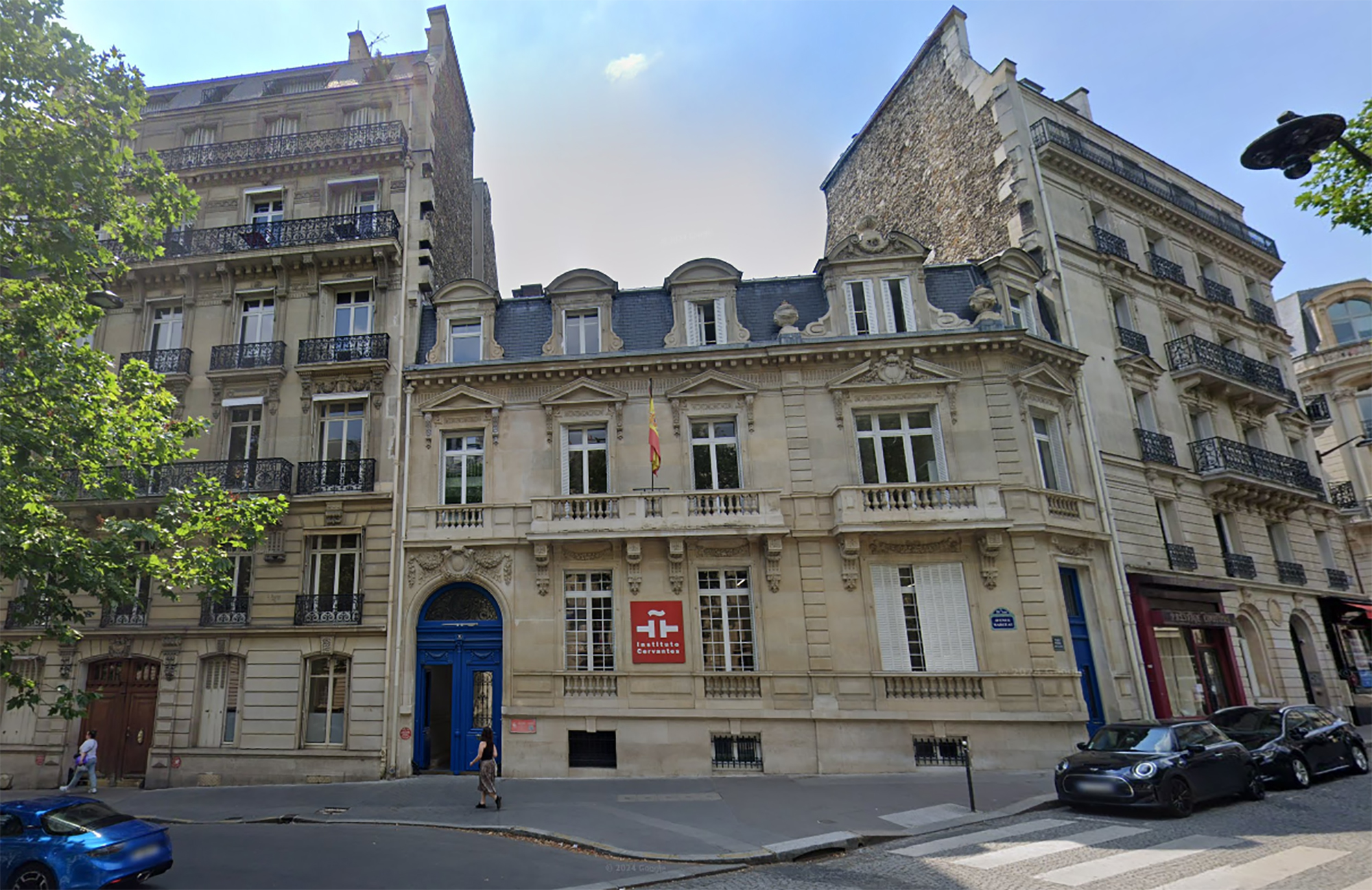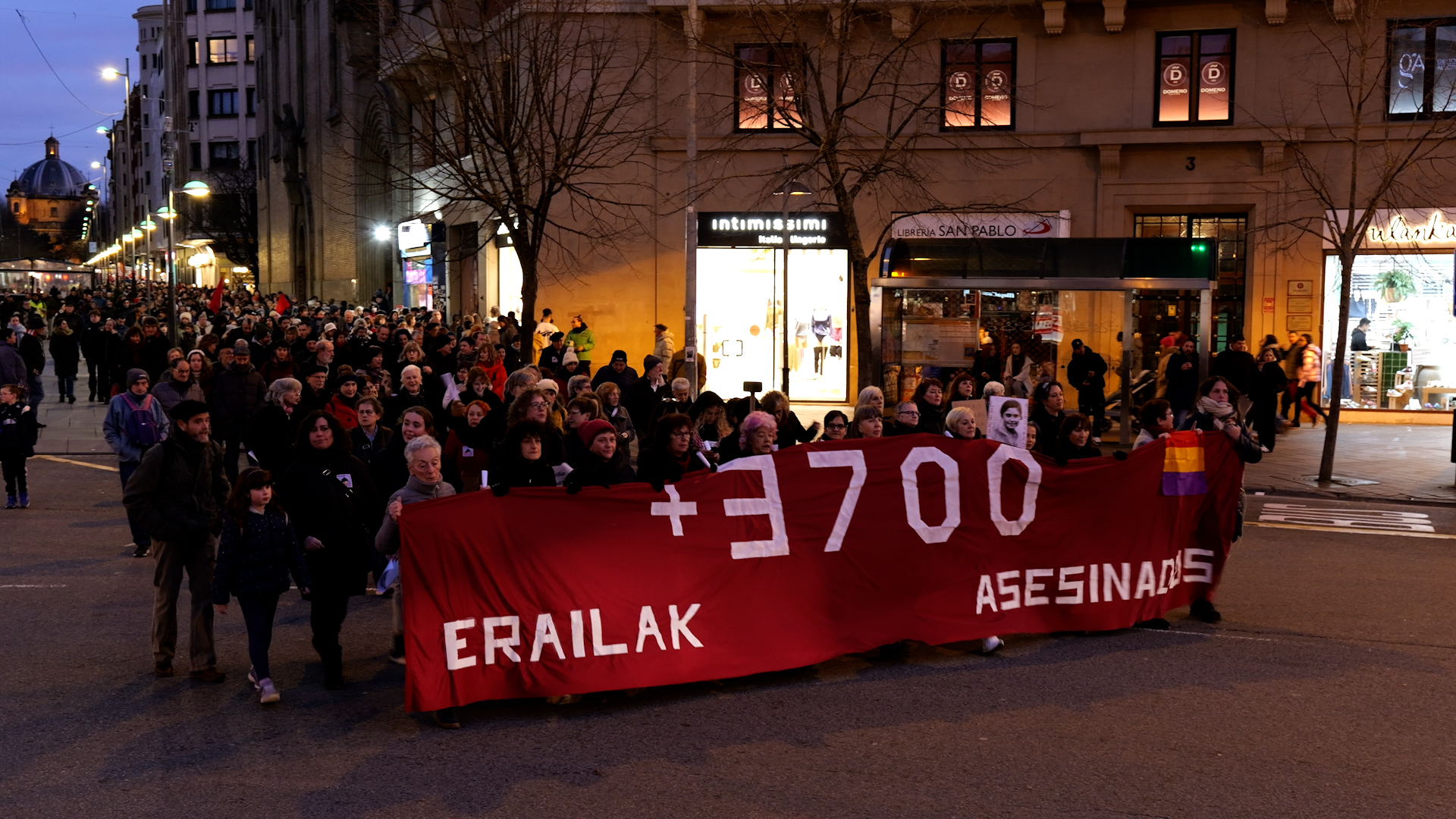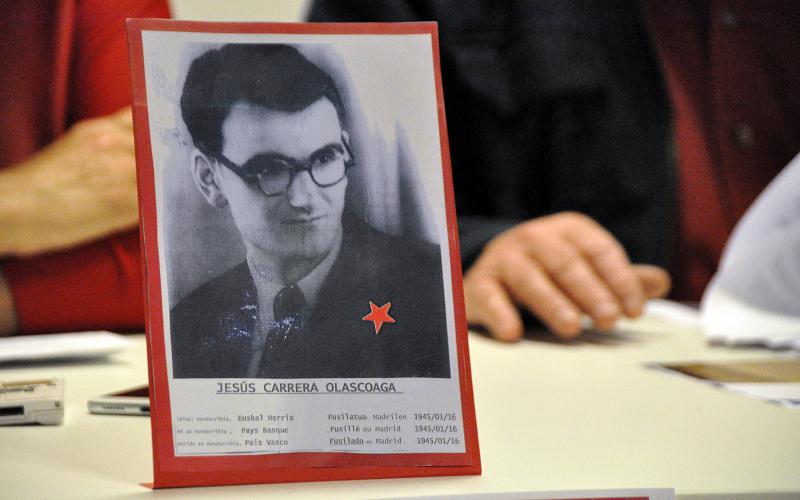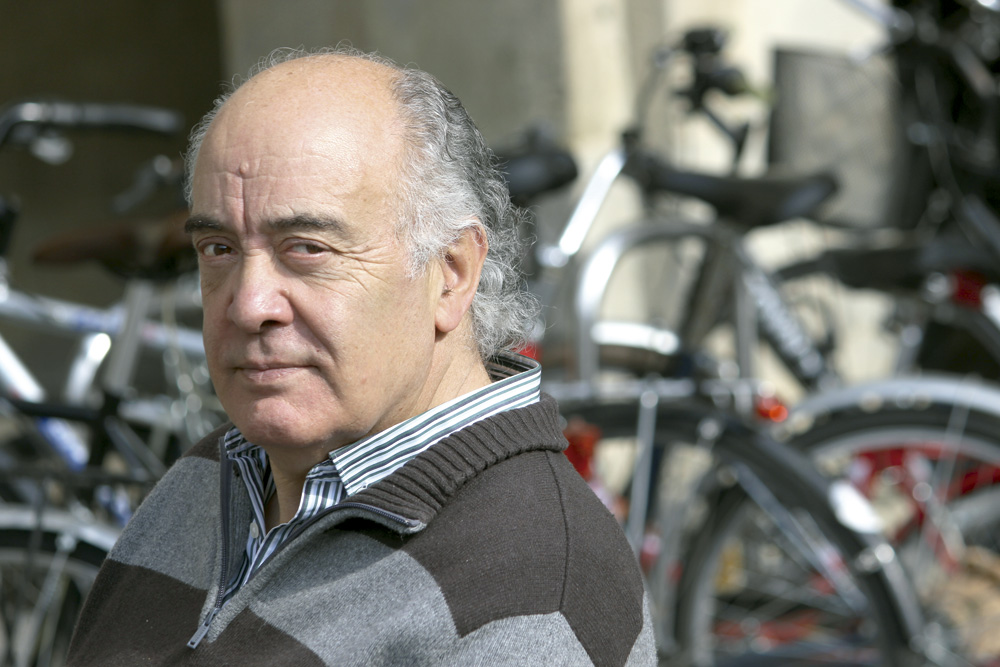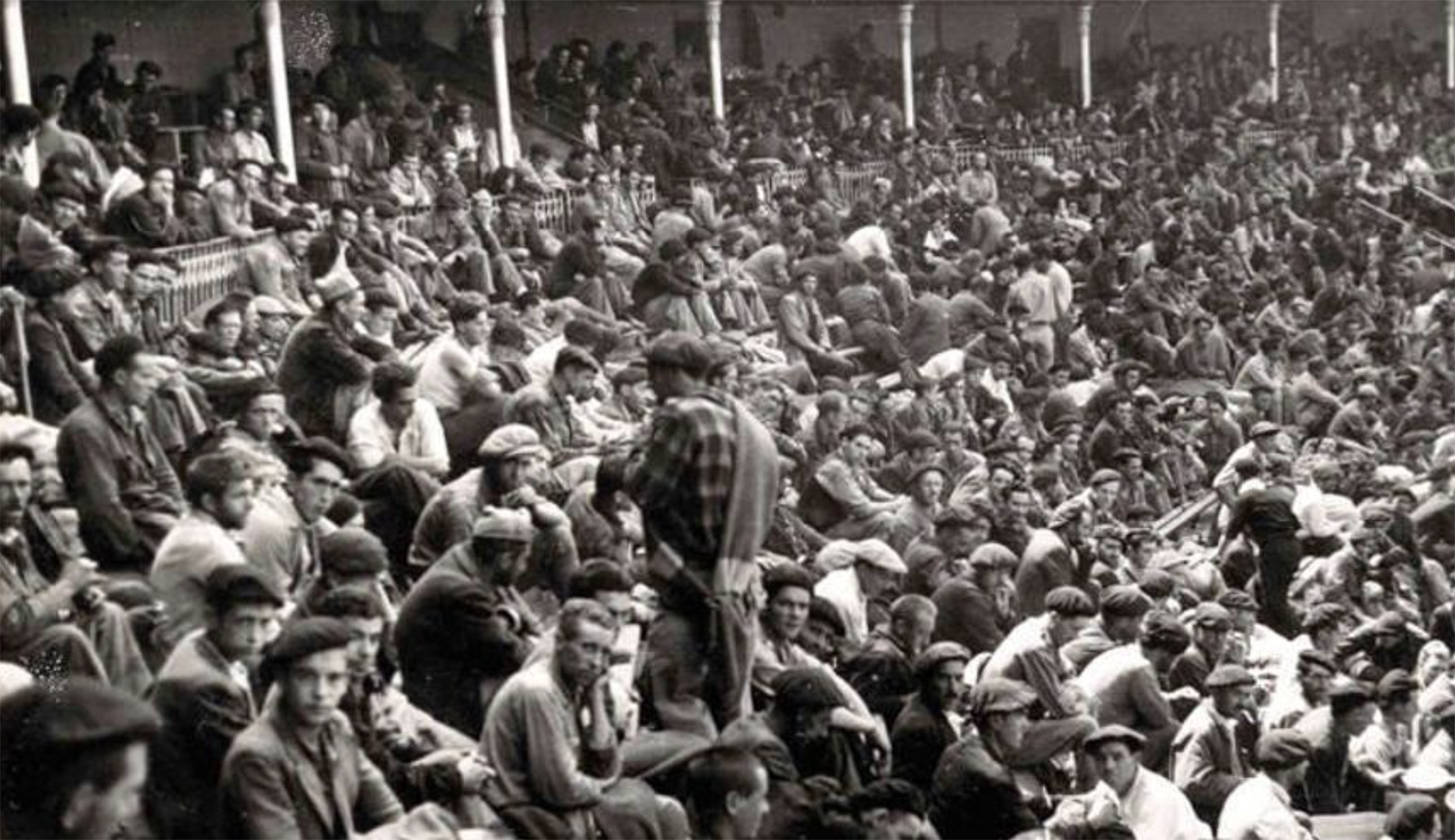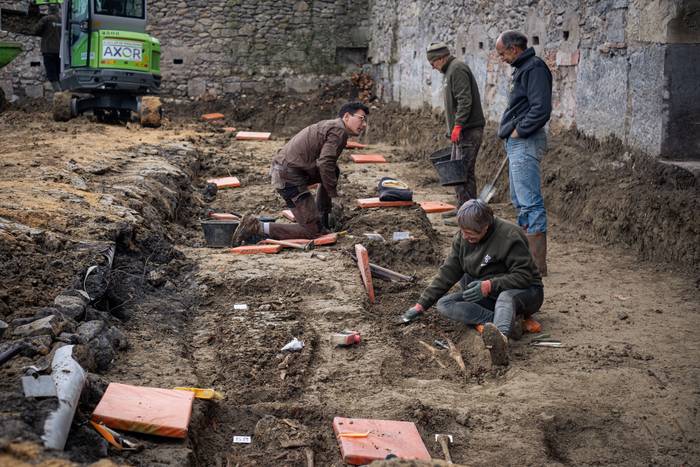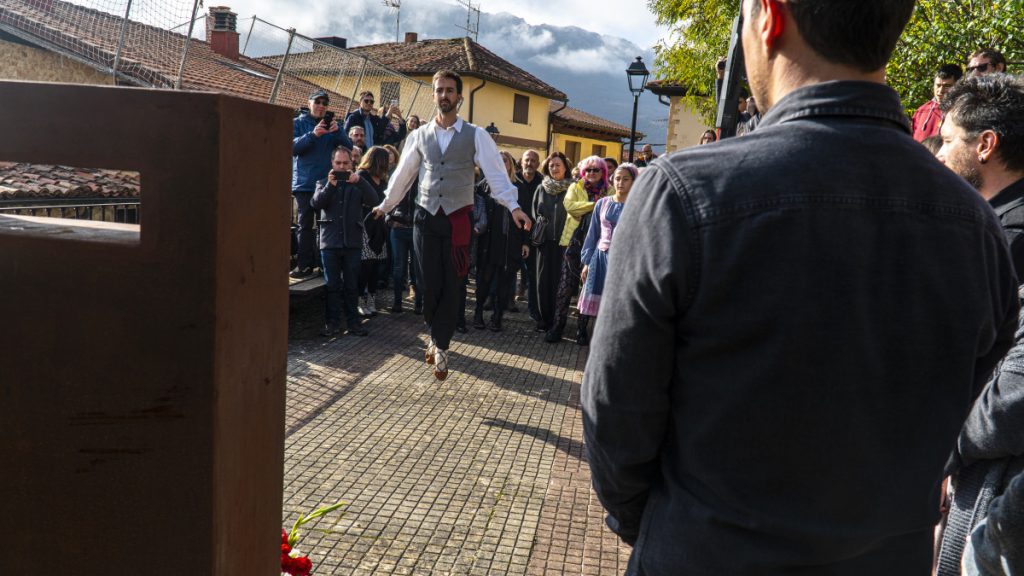Argentine courts call to declare former Spanish Interior Minister Rodolfo Martín Villa, charged with "crimes against humanity"
- It is attributed the political responsibility of several homicides committed during the Spanish Transition. Judge Maria Servini has been summoned to appear in court on 3 September.

Argentine justice has a date to take a statement to Rodolfo Martín Villar: September 3, according to the website elDiario.es. The former minister has been charged with committing "serious crimes of murder" in the context of crimes against humanity for the massacres of the Sanfermines of 1978 and for the events of 3 March 1976 in Vitoria-Gasteiz. Martín Villa is the only one charged in the Argentine complaint that can appear as an imputee.
Resolution María Servini de Cubría in Buenos Aires 1. Issued on 27 July 2020 by the head of the Federal Criminal and Correctional Court. The State Coordinator for the Complaint against the crimes of Franco (CeAQUA) has reported that the testimony will be received by telematics in "the Consular Delegation or the Embassy of this country in Spain".
In 2014, Justice María Servini issued an arrest warrant against Rodolfo Martín Villa, charged with a crime of murder. Since then, those who were senior in the Franco dictatorship have evaded numerous attempts at interrogation and international extradition orders, among other charges.
Tranquillity of impunity
"Judging from what they accuse me, I am very quiet," said Martín Villa in June 2017, when he was decorated by King Felipe, together with the former parliamentarians who formed the Constituent Courts in 1977. At the moment, the former Francoist minister has not given a single explanation in court for his alleged involvement in crimes against humanity.
The victims of Franco have expressed their "desire for a procedural act finally to be held". Above all, after Servini made "many attempts" to interrogate Martín Villa and "the Spanish State continuously put obstacles to prevent it", CeAQUA stressed in a statement.
"We hope that Martín Villa, as he has repeatedly said, will comply with his obligation and go to the date indicated, so that the judicial authorities of Argentina can take a declaration of inquiry", the same sources have indicated. Once the citation is held, Judge María Servini "will be able to resolve whatever is appropriate in order for her to be prosecuted", they clarified.
The killings of the transition
Hundreds of people were killed in the hands of police forces and far-right groups during the historic process known as “the democratic transition in Spain”. The alleged political responsibility of Rodolfo Martín Villa is being investigated for several crimes, in particular for 12 crimes of murder against humanity committed against him. Argentine justice has accused the former Franco minister of participating in the planning of a series of massacres.
The first is a massacre on 3 March 1976 in the capital of Alavesa. Five workers died as a result of an Armed Police shot when they left a church that had previously been gassed. The repression of workers has also resulted in more than 100 wounded, most of them by firearms. Martín Villa was Minister of Trade Union Relations of the Government, with Carlos Arias Navarro in the lead.
That same year, a far-right paramilitary group called “Guerrillas de Cristo Rey” murdered a woman in Santurtzi. The mercenaries were "supervised by the Police", according to the complaint lodged by Judge Servini of the National Court. In 1977, one student who died in a demonstration claiming amnesty for anti-Francoist political prisoners and three others who died as a result of the subsequent repression were counted, one of whom died "after thirteen days of painful agony" due to torture.
The murder of the Sanfermines in 1978 was one of the most violent events of police repression. A banner with the slogan for total amnesty was displayed in the bullring. As a result, one of the students was shot in the front, causing more than 150 people to be injured in the altercation. The event caused disturbances throughout the Basque Country. In this context, another young man was killed in Donostia-San Sebastián. In these cases, Martín Villa was already in charge of the State Security Forces and Bodies, acting as Minister of the Interior.
“Systematic plan” to eliminate adversaries
María Servini is investigating whether these murders are "one-off facts" or, on the contrary, can be attributed to crimes committed in Spain between 1936 and 1977. The Court does not rule out that the origin of these killings was a “systematic plan of aggression to end the political opposition.” According to Argentine law, crimes against humanity could be punished "with the death penalty for life".
Weak legal guarantee
However, these international arrest warrants with extradition claims do not have much legal force and their execution is in many cases conditioned by the will of the Spanish State. Until now, Martín Villa has easily avoided all the demands of Argentine justice. The first order was issued in October 2014 and extended to other senior Franco officials. The then Minister of Justice, Rafael Catalá, helped analyse the request for pre-trial detention made by the Argentine section of INTERPOL. However, in early 2015, when Servini announced that he was going to interrogate the defendant in Spain, the Council of Ministers, chaired by Mariano Rajoy, reinforced the boycott of Argentine Querella. In 2016, the judge wanted to create a first rogatory commission and bring Martín Villa to the Spanish courts, but the Spanish state gained time to ask Argentina to ask him about the defendants.
Shortly after, Martin Villa won a new victory: You can go to Argentina without the risk of being arrested. The Argentine Federal Criminal and Correctional Chamber accepted the appeal and annulled the international arrest warrant issued against it by Judge Servini for covering, forcing her to review the indictment.
In October 2018, the Spanish National High Court rejected the Argentine High Court’s hearing of the former Francoist minister and his environment. Judge José de la Mata argued, among other reasons, that Spanish law would determine that the crimes would have prescribed and infringed the Amnesty Law. However, Martin Villa himself has never asked for his protection for these reasons.
After meeting with BNG MEP Ana Miranda, the judge again asked for a new investigation on 28 March 2019. The last chapter was closed in February 2020, and the judge announced his intention to travel to Spain to make a statement on March 20 to Rodolfo Martín Villa. The appointment, deferred, would be held at the Embassy of Argentina in Madrid.
Bilbo, 1954. Hiriko Alfer eta Gaizkileen Auzitegia homosexualen aurka jazartzen hasi zen, erregimen frankistak izen bereko legea (Ley de Vagos y Maleantes, 1933) espresuki horretarako egokitu ondoren. Frankismoak homosexualen aurka egiten zuen lehenago ere, eta 1970ean legea... [+]
Deportazioaren Memoriarako Euskal Koordinakundeak aintzat hartu nahi ditu Hego Euskal Herrian jaio eta bizi ziren, eta 1940tik 1945era Bigarren Mundu Gerra zela eta deportazioa pairatu zuten herritarrak. Anton Gandarias Lekuona izango da haren lehendakaria, 1945ean naziek... [+]
Pamplona, 1939. At the beginning of the year, the bullring in the city was used as a concentration camp by the Francoists. It was officially capable of 3,000 prisoners of war, at a time when there was no front in Navarre, so those locked up there should be regarded as prisoners... [+]








